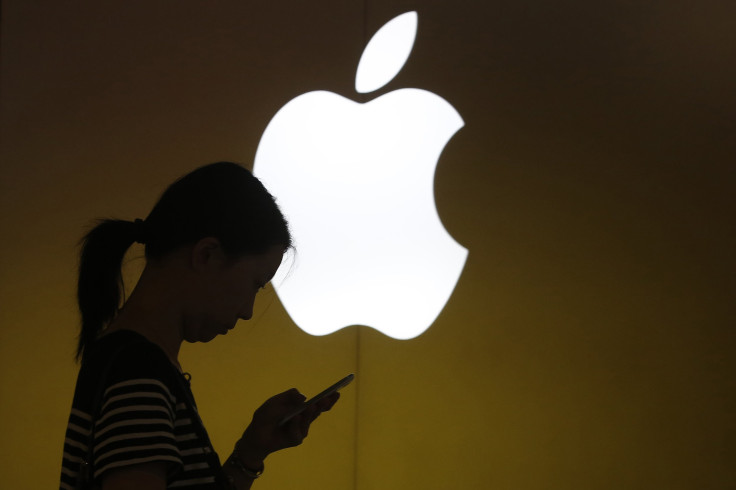Apple Inc. (AAPL) Scoops Up The Best Engineers In Asia

The iPhone 6, 7 and 8 may be coming much faster than anyone thought possible: Apple Inc. (NASDAQ:AAPL) is on a hiring spree of new engineers and supply-chain managers in China and Taiwan to speed up product development and aim for more frequent product launches going forward.
Since mid-2013, the Cupertino, Calif., company has been adding hundreds of engineering and operations staff to its China team, which now exceeds 600, the Wall Street Journal reported on Monday. Many are recruited from HTC Corp. (TPE:2498), which competes with Apple in the smartphone market.
"Apple is building an engineering team in Taipei to drive new iPhone product development," Apple said in one recruiting email obtained by the Wall Street Journal in August, when the smartphone maker reached out to HTC engineers on LinkedIn (NYSE:LNKD) for recruitment purposes.
Apple’s office in Shanghai is also getting a nice personnel boost, after it moved into a new three-building complex last year, said people familiar with the matter. In addition, Apple has been hiring supply-chain managers to better facilitate its relationship with Asian suppliers like Foxconn Technology Co., Ltd. (TPE:2354), following a number of scandals in recent years.
Last year, Apple launched the iPhone 5s and 5c, the first time it launched two smartphones at once. Insiders say the trend is likely to continue, and the hiring spree is intended to shorten product cycle, so that the smartphone maker can fight back against low-cost Android devices with more variety. Apple is reportedly developing two larger-screen iPhones this year.
The location of the hiring spree is also meaningful, as Apple positions itself to grab a larger slice of the Greater China smartphone market. With its most recent partnership with China Mobile Ltd. (NYSE:CHL) -- Apple is now working with all three Chinese state-owned mobile carriers -- the company is well-positioned to achieve that. Even before China Mobile began carrying Apple phones, Apple sales in Greater China region had already climbed 29 percent in the first fiscal quarter that ended in December 2013, to $8.84 billion, the Wall Street Journal reported.
© Copyright IBTimes 2024. All rights reserved.





















